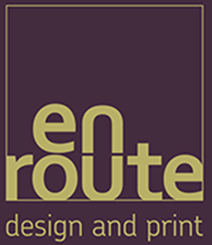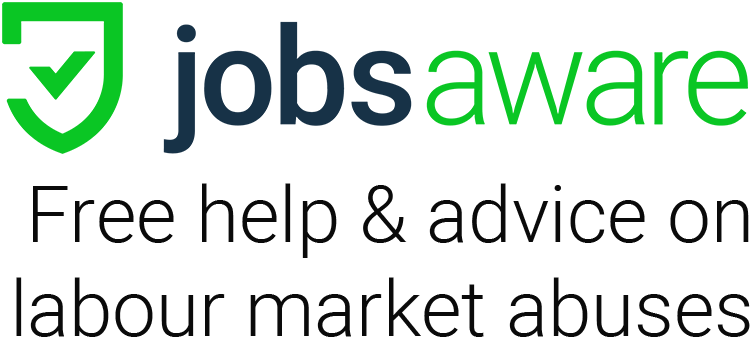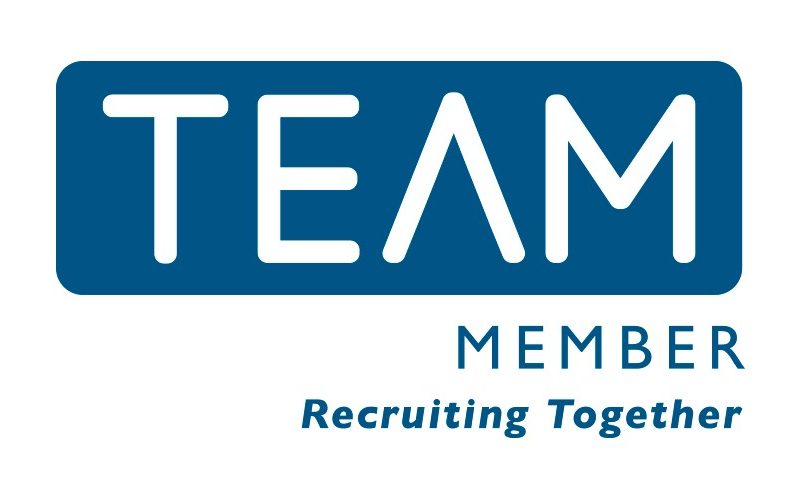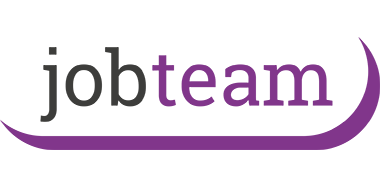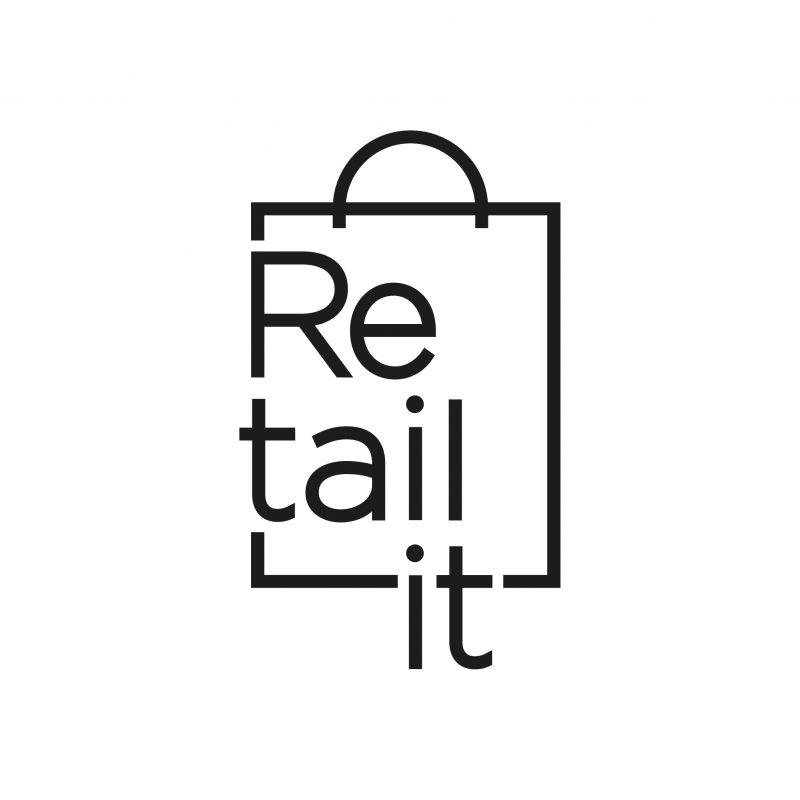Our Blog Posts
How to organise your job search – useful advice
10th November 2017 | Job Hunting

So you have started your job hunt and just sent your CV to a few places, right?
Well that is not enough anymore. Take your job hunting as a project and like any other project, make your plan and list your actions. To give yourself the best chance to be noticed, amongst the hundreds of other applicants for the same job, you need to look into a few things. At YourRecruit we always advise our candidates with these few tips:
Online profiles
Like it or not, people will want to know the real person they are dealing with, so if you haven’t sorted out your privacy settings on job boards or have something online you wouldn’t want an employer to see then you need to get it sorted out quick. Those drunken uni pictures were probably a great idea before but maybe not now! Get yourself a LinkedIn account with a professional picture, make sure it is up to date and start networking. Follow companies that you would be interested in working for and start networking. Lastly, the first thing that people will see is the email address you are applying from – if you are regretting that email account you set up with the “quirky” name, just start a new one for your employment search that is a bit more professional.
Your CV
Is your CV up to date? Have a thorough read of it and check that the dates are correct, the information is accurate and it says what you want it to say about you. Make sure that there are no spelling or grammatical errors – this sounds obvious but it is amazing how many CV’s have really obvious mistakes.
When you look over your CV does it read clearly? Make sure that anyone looking for information relating to relevant skills and experience for their position can find it easily. Is your profile geared towards you securing a particular role, or do you have a generalised profile.
Registering online
If you have previously registered online make sure that you update your online profile to show your desired salary, location and position. If you do not update this information you will be contacted about positions that are not relevant to your requirements. When you upload your CV, make sure that you double check you have uploaded your CV, not a blank document or travel itinerary.
Registering with agencies
Be prepared for recruiters to call you. They will want to find out if you are still looking for work, what you are looking for and to see if you are suitable for positions they have available. It is a great idea to select a recruiter to register with along with your own efforts to find work. They will skills check you, discuss roles with you, prepare you for interview and make sure that your details are sent directly to the hiring manager. They will also negotiate the best employment offer they can for you, ensuring that it matches with your requirements.
Approaching companies directly
Do people still do this? Of course they do! You should already be following the companies that interested you on LinkedIn and Twitter so you should be aware if they are recruiting. Maybe try to connect with the recruiter, contact them to say that you are really interested in joining their company and see if you can send a CV over.
Interesting roles
Once there is a role that is of interest to you, send your CV. Make a note of companies you have applied to – it would not look great to send your details twice! Find out more about the company, expectations of the position, and career potential. Do the company seem right for you? This is a two way process and you should be making sure that the company is somewhere you can see yourself for the long term, rather than job-hopping.
So you got an interview!
You will need to do your own research, make sure that you know where you are going and how you are getting there and plan to arrive early. Make sure you are well presented, you can only make one first impression and can always dress down a bit to future interviews or when you start. Take a copy of your CV, the role details and think about questions you may be asked. What transferable skills do you have that the interviewer is interested in – think about how you can demonstrate these in interview. Always have a few questions to ask at the end of the interview, show an interest in your interviewer and thank them for their time.
If you got an interview through a recruiter they should be able to tell you a lot about the company, provide you with information about the format of the interview. Make sure that they are your first call when you finish! They can give your feedback to the company and find out if the company are interested in you!
Good Luck

Post writer, Sherriden Moore

















